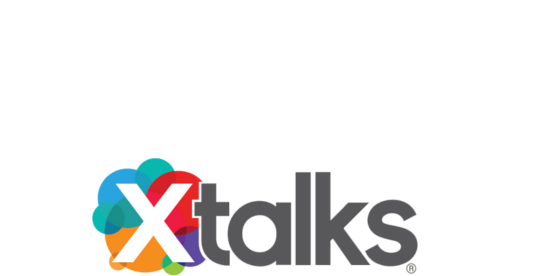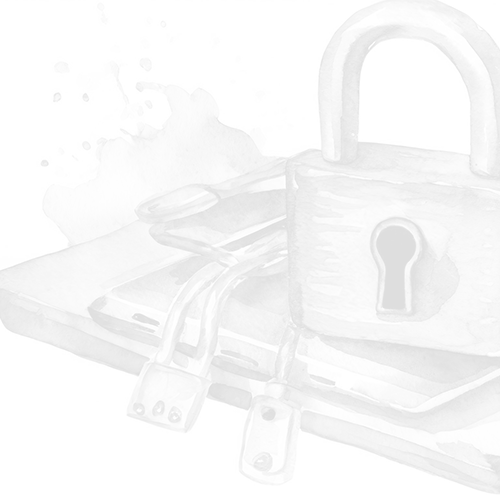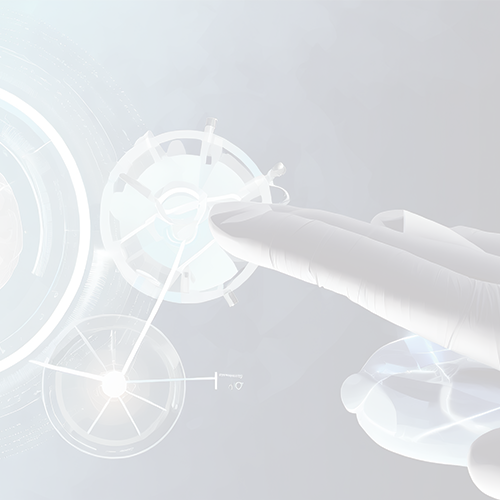
A TECHNOLOGY FRONTIER THREATENED BY INCREASING CYBERCRIME
Digitization has transformed the technology landscape, connecting people in ways never before imagined. Unfortunately, the surge in cybersecurity incidents poses a significant threat and challenge. The medical device industry is not immune to this trend, especially as devices become more integrated with healthcare systems. Cybersecurity challenges now extend beyond the device itself.
While the FDA outlines cybersecurity requirements in its pre-market guidance, mandating device manufacturers assess cybersecurity risks before 510(k) or PMA submission, it does not mandate all of the methodologies to achieve the requirements. In this manner, firms can customize their approach based on their specific contexts. The absence of a standardized approach, however, means that insufficient approaches may lead to undiscovered vulnerabilities and potential cyber-attacks.
THE SUNRISE APPROACH
Sunrise Labs offers a comprehensive Secure Product Development Framework that can be tailored to manage security for new medical devices and for devices already on the market.
SECURITY ARCHITECTURE
Cybersecurity is an integral facet of product architecture. Beyond traditional safeguards, our methodology helps ensure the smooth integration of cybersecurity measures into your architecture, safeguarding the integrity, confidentiality, and availability of your critical data. In an interconnected world, emphasizing the incorporation of cybersecurity into your architecture not only strengthens your business against potential risks but also cultivates trust among stakeholders.
THREAT MODELING TOOLS
Our engineering team uses a variety of threat modeling tools to analyze the threat landscape of the various device systems to identify and address potential design issues. Threat modeling provides a way to identify and record all known attack surfaces. Having a complete line of attack surfaces is vital for conducting a comprehensive risk assessment.
RISK ASSESSMENT
The Sunrise Labs cybersecurity risk assessment approach leverages the NIST 800-30 Rev. 1, “Guide for Conducting Risk Assessments – Information Security” framework. The NIST guidance is broad, allowing it to apply to a wide range of organizations and institutions. Building upon the NIST framework, Sunrise has developed a cybersecurity risk assessment framework that is specifically tailored to the unique considerations of medical devices.
SBOM GENERATION
A Software Bill of Materials (SBOM) is a detailed list of components used in building a software application or system. SBOM helps identify and manage vulnerabilities in the software by providing a clear picture of the components used. This is particularly important for addressing security flaws in third-party or open-source libraries.
CYBERSECURITY TESTING
In addition to security mitigation testing, additional testing can be employed to detect vulnerabilities so that the device may be hardened to safeguard applications. These testing methods include penetration testing, fuzz testing, and vulnerability scanning.
Cybersecurity in Medical Devices: Quality System Considerations and Content of Premarket Submissions
A TRUSTED ENGINEERING RESOURCE
More than ever, medical device designers and manufacturers require a trusted partner who thoroughly understands the implications of risk and how to mitigate looming threats. With over 30 years of experience in medical device design, Sunrise Labs recognizes the importance of a comprehensive risk and security assessment. Our accomplished technologists take a proven, aggregated approach to medical device security providing our clients with peace of mind through the assurance of a secure product. Partner with us to build a robust plan that builds stakeholder and customer confidence in your device’s security.



